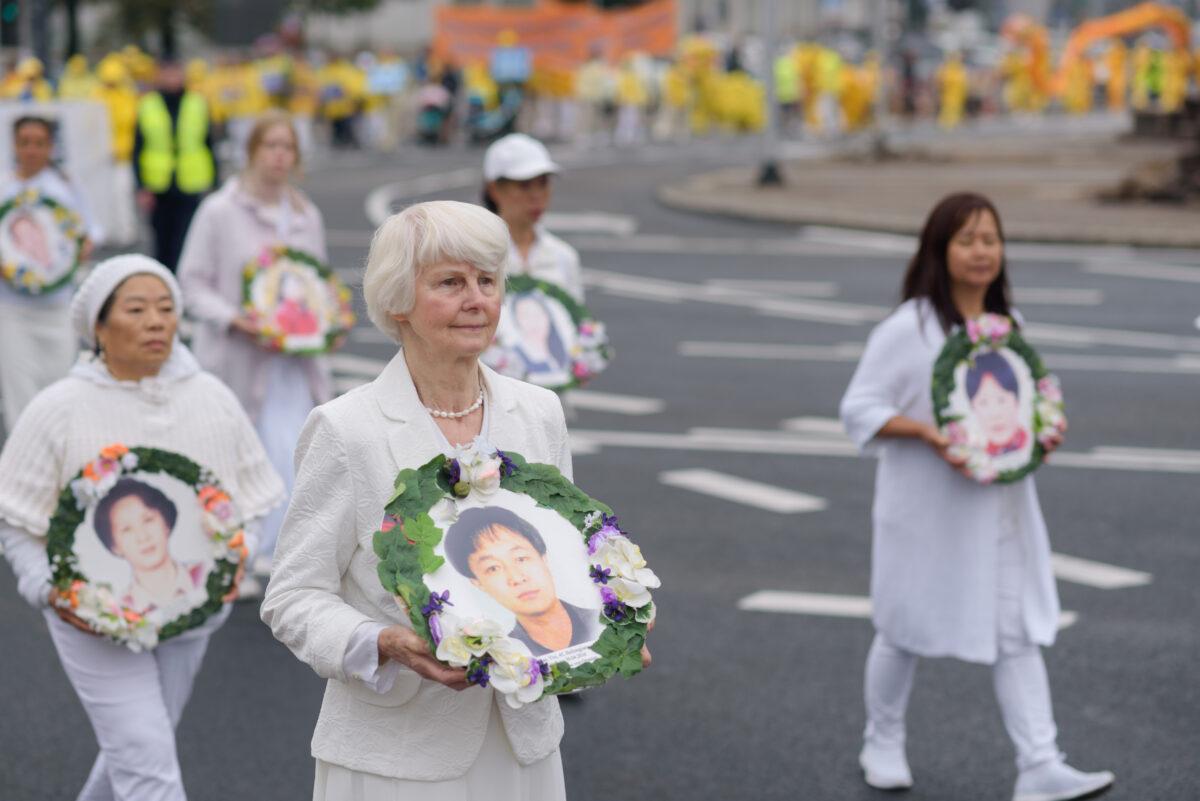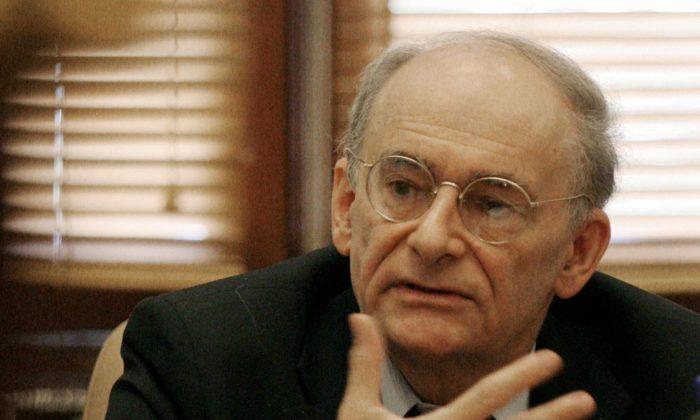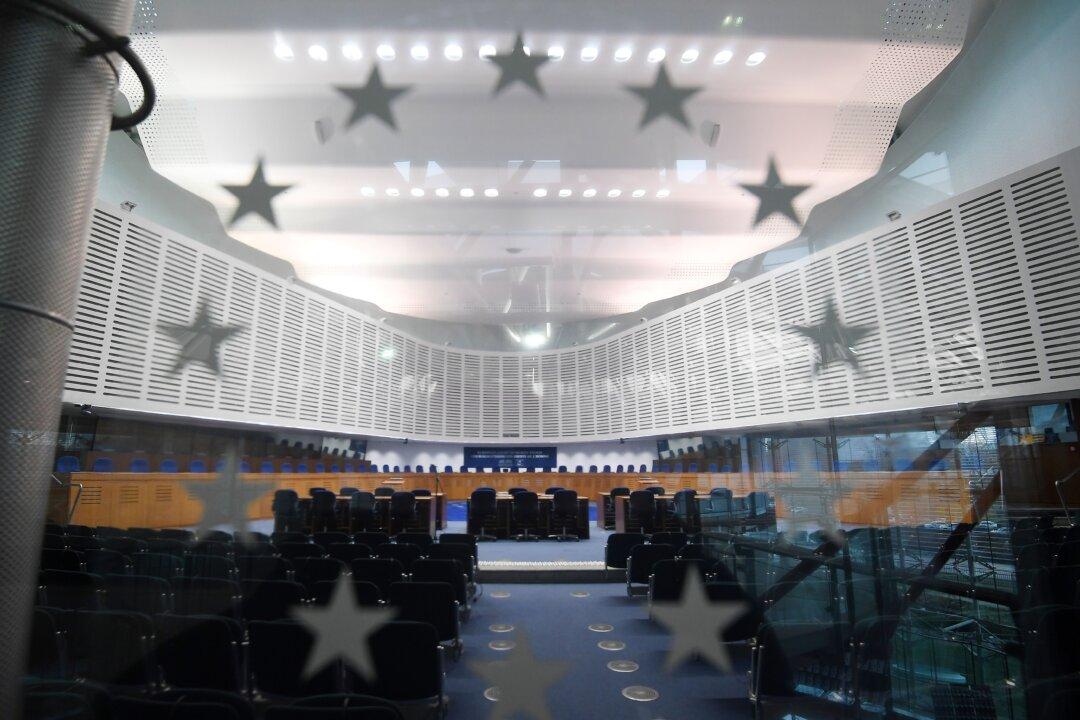Russia’s ban on materials relating to the spiritual practice Falun Gong is unlawful, the European Court of Human Rights (ECHR) has ruled.
The ECHR stated in its Jan. 31 ruling that Russia’s ban—imposed on four Falun Gong informational materials, including the practice’s main book, “Zhuan Falun”—violated the freedom of expression protection in the European Convention on Human Rights, “interpreted in the light of” the right of religious freedom that’s also in the charter.
Forced organ harvesting is part of an expansive persecution campaign, perpetrated since 1999 by the Chinese Communist Party (CCP), that’s aimed at eradicating Falun Gong.
The spiritual practice involves a set of moral teachings explained in “Zhuan Falun,” with truthfulness, compassion, and tolerance as its core principles, as well as five meditative exercises. By 1999, an estimated 70 million to 100 million people were practicing Falun Gong. Viewing the practice’s popularity as a threat to the Party’s power, then-leader Jiang Zemin ordered a brutal nationwide campaign of suppression that continues to today.

The Russian ban on publishing and disseminating the Falun Gong materials “amounts to ‘interference by a public authority’ with the applicants’ right to freedom of expression,” the ECHR ruled, in response to a complaint filed by two Russian nationals, Mikhail Vladimirovich Sinitsyn and Sergey Nikolayevich Alekhin, both of whom are Falun Gong adherents.
The court found that Russian legal authorities, in their 2008 decision and subsequent hearings, didn’t conduct a legal analysis of the publications’ texts and didn’t substantiate the claimed harms of disseminating the materials.
The Russian courts “failed to assess the necessity of banning the publications with regard to the context in which they were published, their nature and wording, and their possible harmful effect,” the Jan. 31 judgment stated.

The ECHR ordered Russian authorities to pay the two plaintiffs 7,500 euros ($7,984) each as compensation and a combined 3,096 euros ($3,296) for any costs and expenses related to the case, along with any applicable taxes.
However, the Council of Europe’s Committee of Ministers stated that it would consider all applications filed before Russia’s official withdrawal from the human rights body and monitor the implementation of its decisions. The complaint at issue was filed in 2012, well before Russia’s departure.
Levi Browde, executive director of the Falun Dafa Information Center, welcomed the European court decision, adding that he hopes to “remind the Russian authorities that it never works out to collaborate with the CCP.”
“However, we recognize Moscow is not the CCP and still think Russian authorities can right their course and not do the CCP’s bidding in suppressing religious freedom,” he told The Epoch Times.
David Matas, a Canadian human rights lawyer and co-author of the report that was banned by the Russian court, said the ruling reflects the governance model of Russia and China, where citizens are entitled to freedom of speech in name only.

At the time of the initial Russia court judgment 15 years ago, Matas had wondered why the Russian authorities “would engage in such a travesty,” since the accusation was “so far off the mark.”
“Birds of a feather stick together,” he told The Epoch Times in an email. “What the government of Russia has to offer the government of China is repression in Russia of reports of gross violation of human rights in China,” in particular “the report of the mass killing of practitioners of Falun Gong for their organs.”
While he doubts that Russia will abide by the ruling, Matas described the European court judgment as “a voice of sanity in the face of Russian and Chinese governmental madness.”
“One can only hope that the voice will resonate,” he said.
“We continue to call on Russia to respect the right of freedom of religion or belief for all, including Falun Gong practitioners and members of other religious minority groups in Russia simply seeking to exercise their beliefs peacefully.”
In Russia, Falun Gong adherents continue to face pressure for adhering to their beliefs.





